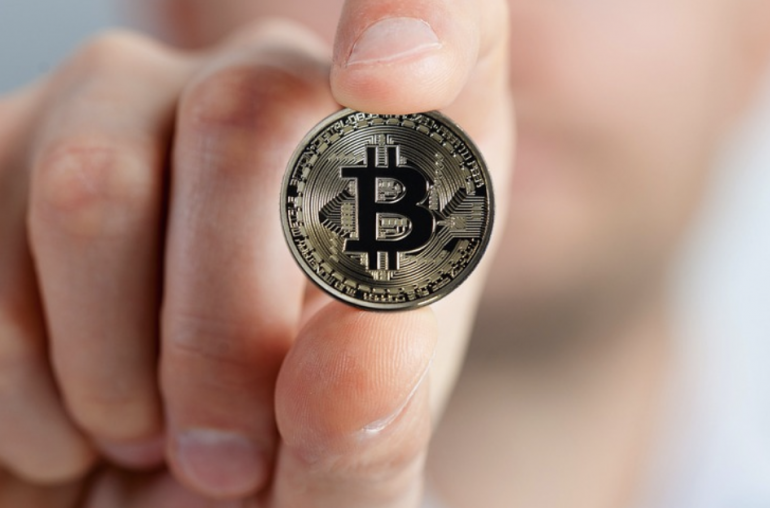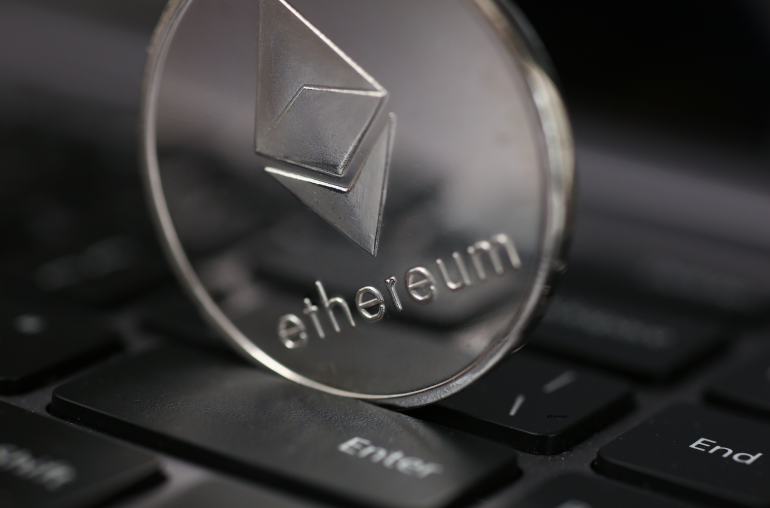The Bank of Korea (BOK), South Korea’s central bank, has been authorized to inspect cryptocurrency exchanges in the nation. Media reports said that BOK can request transaction data from digital currency operators to investigate their activities. This development comes as South Korea is discussing regulating virtual assets.
BOK and the Financial Commission Services (FSC), the financial regulator, have disagreed for years over who should oversee the cryptocurrency industry. Although FSC will ultimately govern cryptocurrency rules, BOK will monitor crypto transactions and stablecoins to address threats to financial stability.
A member of the Political Committee Affairs of National Assembly confirmed last week that BOK can request information from crypto exchanges. FSC will announce its position on this issue in a subcommittee conference on April 25. According to reports, the meeting should speed up creating virtual asset regulations in South Korea.
Democratic Party legislator Kim Han-gyu, who presented a bill called “Crypto Assets Act” to regulate cryptocurrency, declared, “The Financial Services Commission (FSC) has acknowledged the significance of granting the Bank of Korea (BoK) access to transaction data from cryptocurrency exchanges operating in the country, but has refused to fit it in the current bill.”
Disagreements between BOK and FSC over governing cryptocurrency have delayed implementing comprehensive regulations. FSC alerted that if BOK controls cryptocurrency, it suggests cryptocurrency has the same status as conventional finance. However, BOK expressed concerns about the risks stablecoins pose to financial stability.
With this latest decision, BOK and FSC can fully investigate cryptocurrency companies and access their transaction data. Like the U.S. Securities and Exchange Commission, FSC has actively taken law enforcement measures against cryptocurrency companies, considering cryptocurrency as securities.
BOK’s increased scrutiny of cryptocurrency exchanges aims to gain insight into the fast-growing yet opaque cryptocurrency market. It can also help develop effective regulations by identifying risks from innovations like decentralized finance and stablecoins. Cryptocurrency exchanges will now have to be more transparent and comply with BOK to operate in South Korea.



